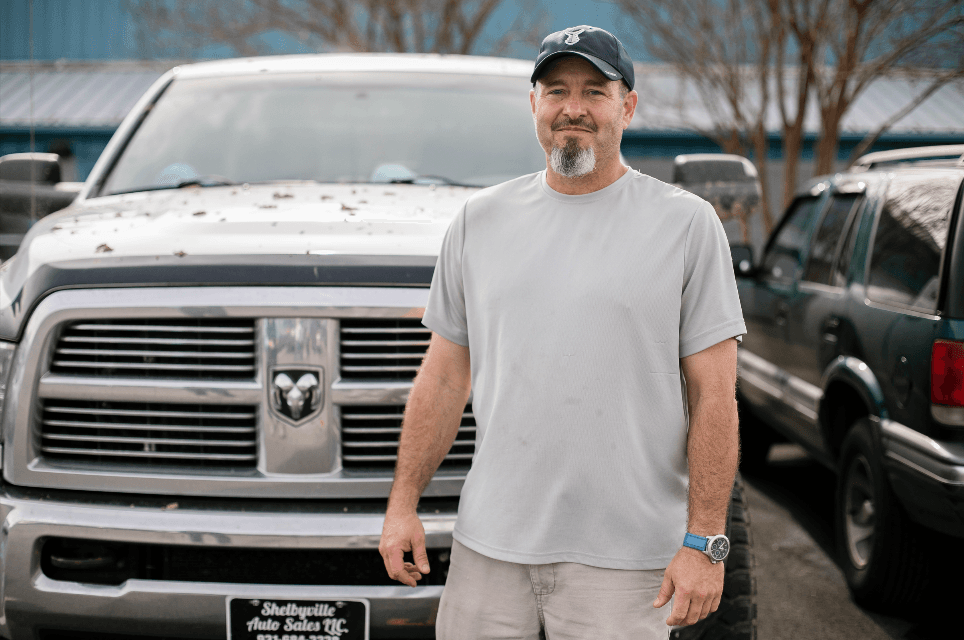MURFREESBORO, Tenn.—A year into the Trump presidency, rural Tennesseans are riding high on the way America is shaping up.
“I hope he keeps going. I’d love eight years of it,” said Gary Patterson, who co-owns a construction business near Nashville.


MURFREESBORO, Tenn.—A year into the Trump presidency, rural Tennesseans are riding high on the way America is shaping up.
“I hope he keeps going. I’d love eight years of it,” said Gary Patterson, who co-owns a construction business near Nashville.